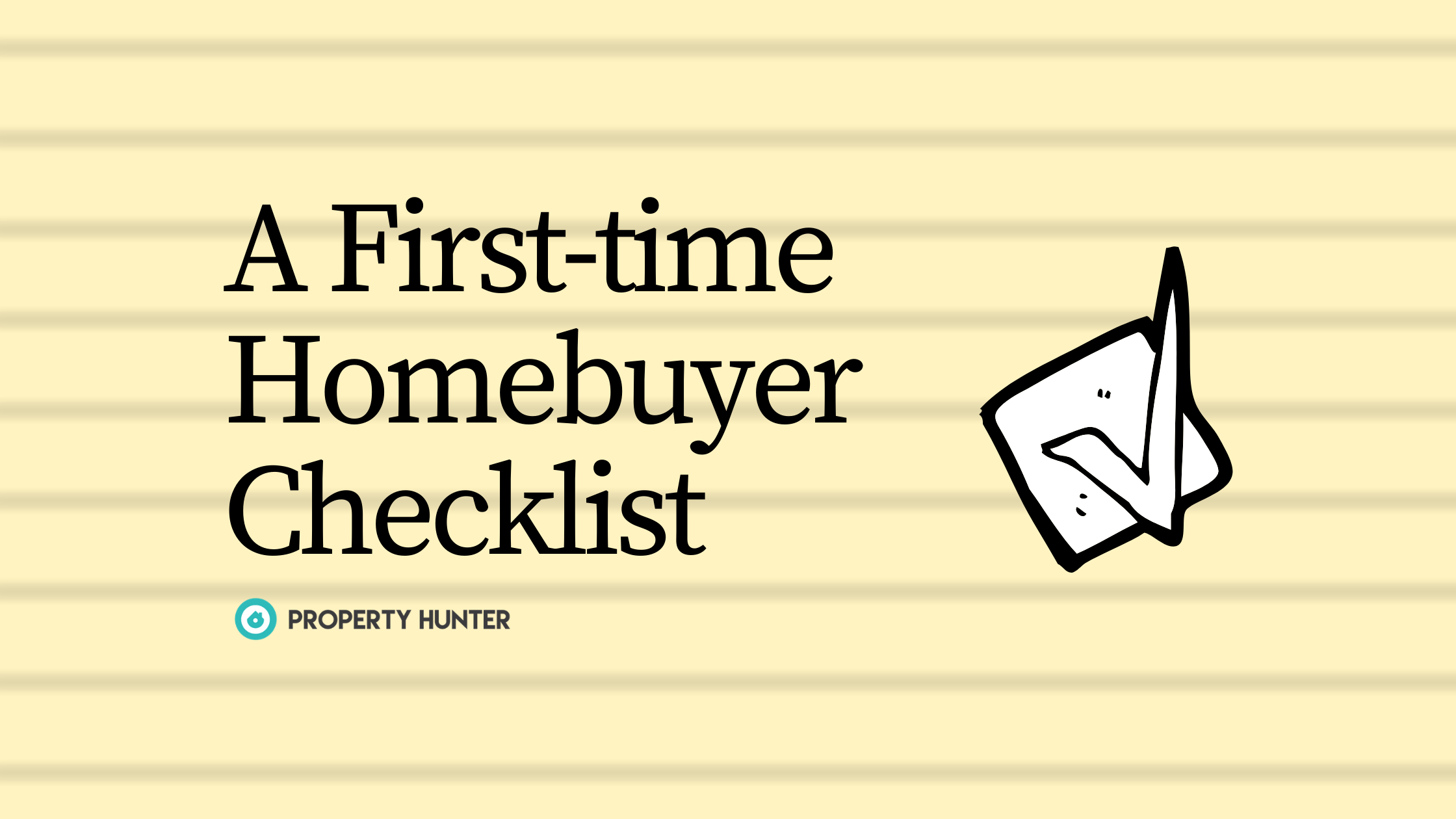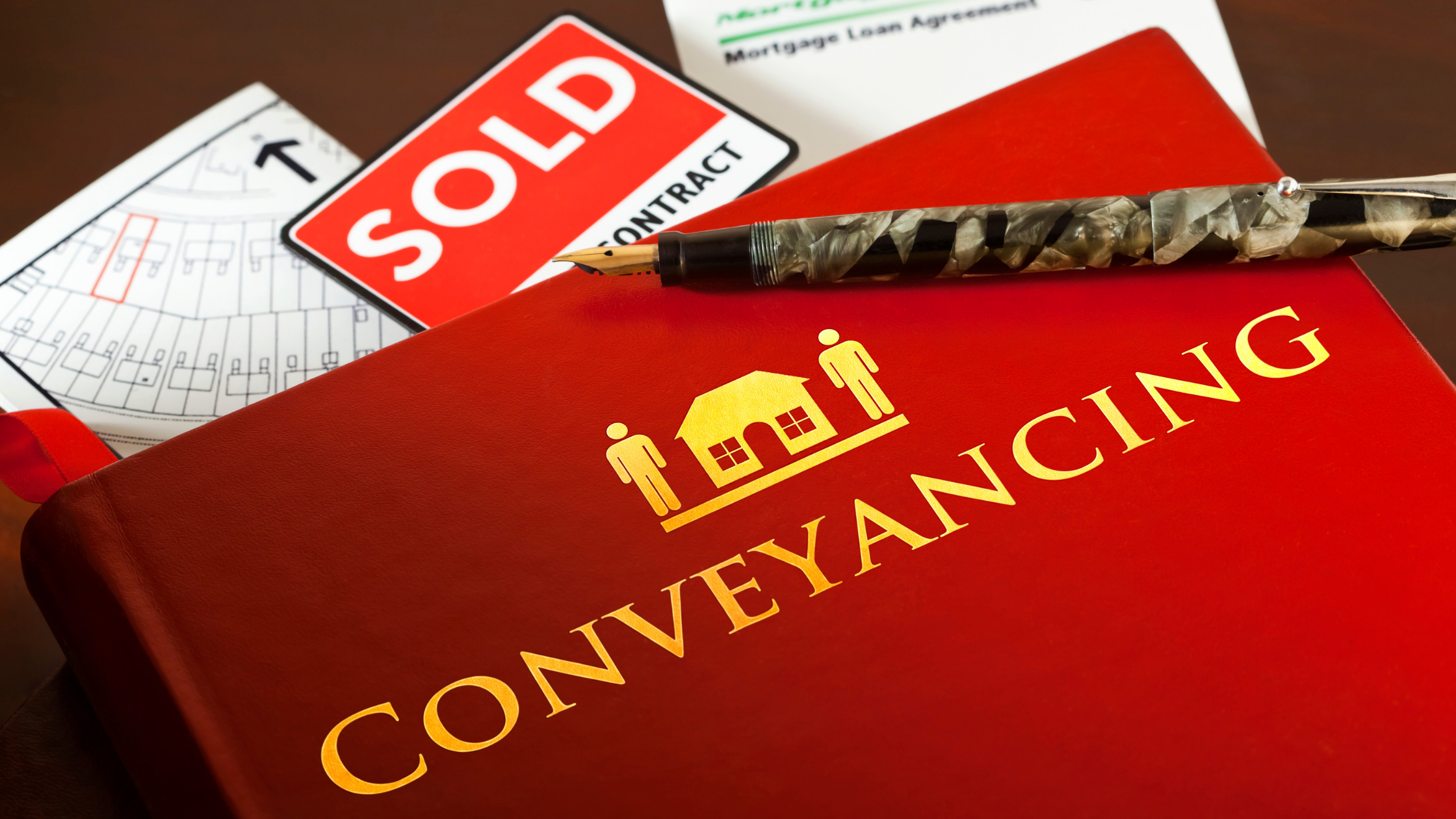With the implementation of the Conditional Movement Control Order (CMCO) in the wake of the Covid-19 pandemic, it has completely changed the way we work and live. So, if you can't afford your rent or need some time between payments, here's what you can do!
This highly uncertain time has left many people in financial difficulties, with many facing disruption to jobs, incomes and some even their homes.
However, the shift in the Malaysian property market brought on by the COVID-19 pandemic has caused an increase in housing rental supply. As a result, an oversupply of vacant homes has somewhat strengthened the bargaining power of tenants.
If you are thinking about renegotiating your rental agreement with your landlord (especially if you’re a good tenant!), we have listed some useful strategies to help you reassess your rental arrangements.
1. Understanding And Assessing Your Relationship With Your Landlord
Developing relationships is the basis of everything we do. The same applies here. To start, first assess your relationship with the landlord.
If you already have a good relationship with him/her overall, the battle is half won and negotiations should be relatively simple.
On the other hand, if you don’t get the lowered rent you need and have to relocate, it is still important to have an open and honest conversation about the lease in advance.
This will not only give you enough time to sort out new accommodations, but also gives them time to seek out new tenants (it’s always good to leave on civil terms).
2. Do Your Market Research
Do your research (a few times, if you have to) on similar properties! Being informed of comparable listings is important when renegotiating.
This will not only give you an idea of how much you might be able to lower your rent by, it also sets the tone for the discussion.
Presenting definite research on rental prices to your landlord allows them to ascertain and appraise realistic rates of their property. The conversation then no longer stems from rumours, but on solid facts and data.
3. Be Upfront And Honest
An open and honest discussion can be hard for some, especially talks on finances. But it’s important to remember that empathy and understanding can go a long way, particularly in trying times such as this.
Reach out and explain to your landlord how the pandemic and lockdown has affected your financial situation. Be clear and know exactly what you want when you ask for a lease renegotiation.
Figuring out concrete and practical reasons of the new lease will give your landlord a clearer picture in making a decision.
Although it is crucial to be aware that they may counter or reject the offer, being upfront, honest and reasonable can go a long way.
4. If You Don’t Ask, You’ll Never Know!
As Malaysians, we can get a little malu-malu (shy or embarrassed) about asking for help on the notion that we’re inconveniencing people.
At times like these, however, try not to let your feelings of embarrassment and your assumptions overtake your financial burdens.
You might just be pleasantly surprised by the response from landlord – besides if you don’t ask, you’ll never know; and more importantly, you’ll never get what you're looking for!
5. Negotiate For A Win-Win
Picking up on the previous keyword ‘reasonable’, is the basic factor that would make or break your renegotiation talks.
Negotiation can take the form of monetary compensation, or even a trade-off. For example, asking for a lower rent by offering an additional 3 or more months to your lease, or making improvements/repairs to the property.
However, if your landlord does not agree on rent reduction, you could even try negotiating for concessions – waiving of fees for your carpark lot or building amenities.
No matter your discussion, remember that the goal of negotiations is to reach an ideal and amicable solution for both sides.
6. Everything In Black And White
Perhaps the most important factor of all, is to make sure you get all requests, answers and agreements down in writing.
Creating a paper trail ensures that they can’t backtrack on any prior agreements and say, "I never agreed to that!"
Contact your landlord via email or even text to ensure you have some form of documented verification of all your agreements.
7. Finalising Your New Lease
Once you and your landlord have successfully renegotiated, make sure all these agreements are reflected in your new Tenancy Agreement (TA).
It is crucial to capture all the renegotiated terms in a legally binding document, which not only safeguards your position and rights as a tenant, but also ensures that your landlord upholds their end of their agreement.
This final point brings us to the crucial need for a TA. Currently, Malaysia does not have any specific laws that protect both the tenant and the landlord.
There are only 2 Acts that protect you – Section 2 (b) of the Contracts Act 1950 (Rev. 1974) and Section 7 (2) of the Specific Relief Act 1950. In essence, these acts stipulate that:
- Your TA isn’t merely a formality, but a legitimate binding contract, and...
- Landlords are not allowed to take any action against their tenant without a court order. So, remember, as a tenant, your TA is everything!
So if you have been merely glancing over the terms and conditions of your TA before signing it, (like you would on websites) you might want to give it a tad more of your attention and consideration.
We’ve all known someone who has entered into a tenancy based on trust and a mere verbal agreement, to only see the situation go south, fast! Best to make sure you're fully protected, while at the same time, being the best tenant you could be.
This article was originally published by PropertyGuru.
.jpeg)

_PH_Banner_(Desktop)(1200x180px).png)











.jpeg)
